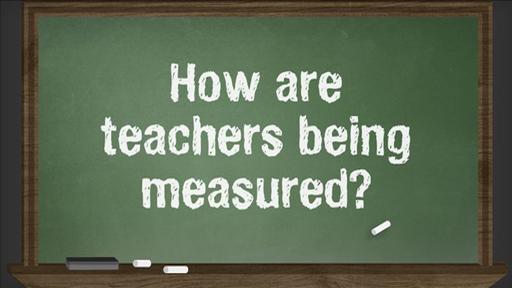I know, I know: Money is the answer, plain and simple. School districts don’t want to pay teachers for advanced degrees and right wing politicians don’t want public schools to begin with, so it makes sense that Texas and North Carolina are both in the forefront of starving their states of effective teachers in an effort to…well, I’m not sure.
The debate over whether teachers who earn advanced degrees and credits that allow them to earn more money on the salary scale are actually better teachers than those who don’t, or are better themselves than if they had just stuck with their Bachelor’s degree credits, is becoming louder and more intense. As any teacher can tell you, though, there really is no debate. Teachers who continue their educations, broaden themselves or even go in a new educational direction tend to be more effective. There is no question that teachers should be encouraged (required?) to take courses in content or pedagogy.
So why the screed? Because a few states, most notably Texas and North Carolina, have decided that paying teachers more for advanced degrees doesn’t necessarily lead to high student test scores. And they might be right, but that’s exactly what’s wrong with the current push for test scores to evaluate teachers. Earning a higher degree makes the teacher more knowledgeable and exposes them to more effective teaching methods. Students are then exposed to a greater variety of teaching methods and more expansive content. That’s the point of an education. Equating the tests with teacher effectiveness is a terrible idea whose time, unfortunately, has come.
Even worse is the fact that public leaders continue to say that we need the best and brightest college graduates to become teachers (as if we don’t have a significant majority of them in classrooms right now). What the best and brightest know, and being one of them allows me to represent their argument, is that educating yourself is the best practice any teacher can follow. The best and brightest also know that motivating people to push themselves should be recognized monetarily. Isn’t that what law firms, banks and other corporations do?
In April, the Wake County Public School System – the largest in North Carolina with about 150,000 students – said more than 600 teachers had left since the beginning of the school year, an increase of 41 percent over the same period the year before.
One district official blamed a lack of a significant pay raises in recent years, along with the phasing out of tenure and extra pay for advanced degrees. Human Resources Superintendent Doug Thilman called the figures “alarming” but “not surprising.”
Not surprising? If your best teachers are leaving the schools, why continue the policy? And who, might I ask, is taking the place of these best and brightest? People with no interest in getting advanced degrees? These are not the best people to have in your classrooms. This is the kind of lazy thinking that will rule the country if conservatives are elected to the Senate and the White House.
Something to seriously think about this fall and for 2016.
You want more? That’s easy. Simply go to www.facebook.com/WhereDemocracyLives or Twitter @rigrundfest








